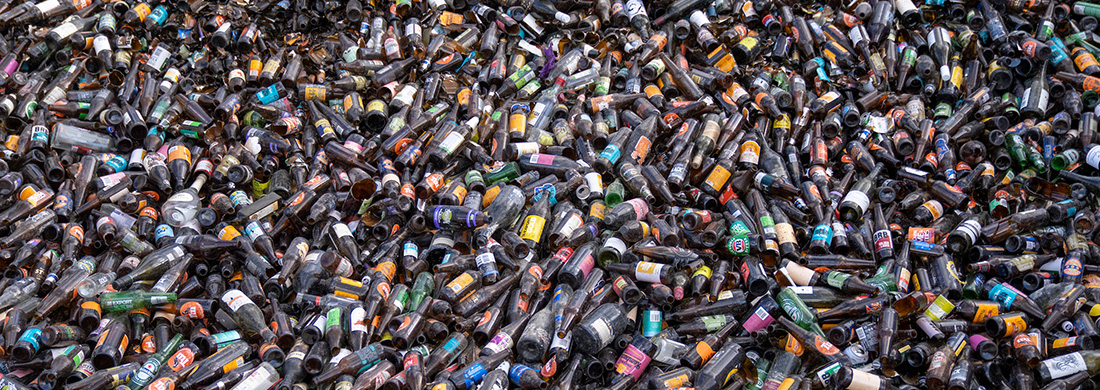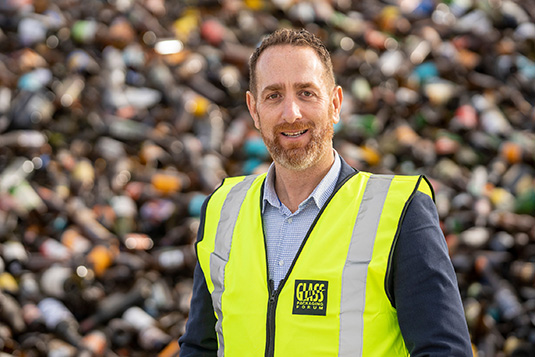
Container return scheme deferral a chance for better solutions

The Glass Packaging Forum (GPF) welcomes Government’s deferral of a container return scheme and encourages decision makers to further consider a more economically and environmentally sustainable alternative for recycling glass bottles and jars.
GPF Scheme Manager Dominic Salmon says an industry-funded extended producer responsibility (EPR) approach for glass would result in less than half the emissions, recover and recycle more glass, and be more cost effective than including glass in a CRS.
“These are the findings of a detailed report by consultants Grant Thornton, looking at the proposed CRS and an alternative, industry funded EPR model. The report wasn’t available when Government issued its consultation on a container return scheme. Now it can and should be a far bigger part of the conversation,” Dominic says.
The report was submitted to the Ministry for the Environment in September and made public in October 2022.
The GPF has long advocated for glass to be excluded from any CRS as it believes it won’t achieve the best outcomes in terms of emissions, recycling, and cost effectiveness. “This has been validated by the Grant Thornton report,” Dominic says.
The report’s lead author Michael Worth said their work was guided by circular economy principles.
“We aimed to design a scheme which encourages solutions higher up the waste hierarchy and prioritises the most circular outcomes for glass with the best emissions profile. Despite aiming to collect more glass, the proposed CRS will reduce the quality of glass and could end up recycling less glass back into bottles, the key circularity measure,” he says.
The report details how using and enhancing existing recycling infrastructure, such as kerbside recycling, will see a glass recovery rate of 90% and 87% recycling rate, Dominic says.
He says international trends show glass is being excluded from new CRSs, such as in England, Northern Ireland, and Singapore. England and Northern Ireland specifically pointed to the emissions impact of including glass in a CRS as the reason for its exclusion, Dominic says. “Given recent weather events related to climate change, a focus on the emissions impact of any scheme should be an important consideration.”
Including beverage glass in a CRS also means other glass containers, like sauce and jam jars, would still need to be recovered and recycled through kerbside recycling.
The GPF and its members are committed to contributing to any system to ensure the environmental outcomes for all container glass are as good as possible, Dominic says.


